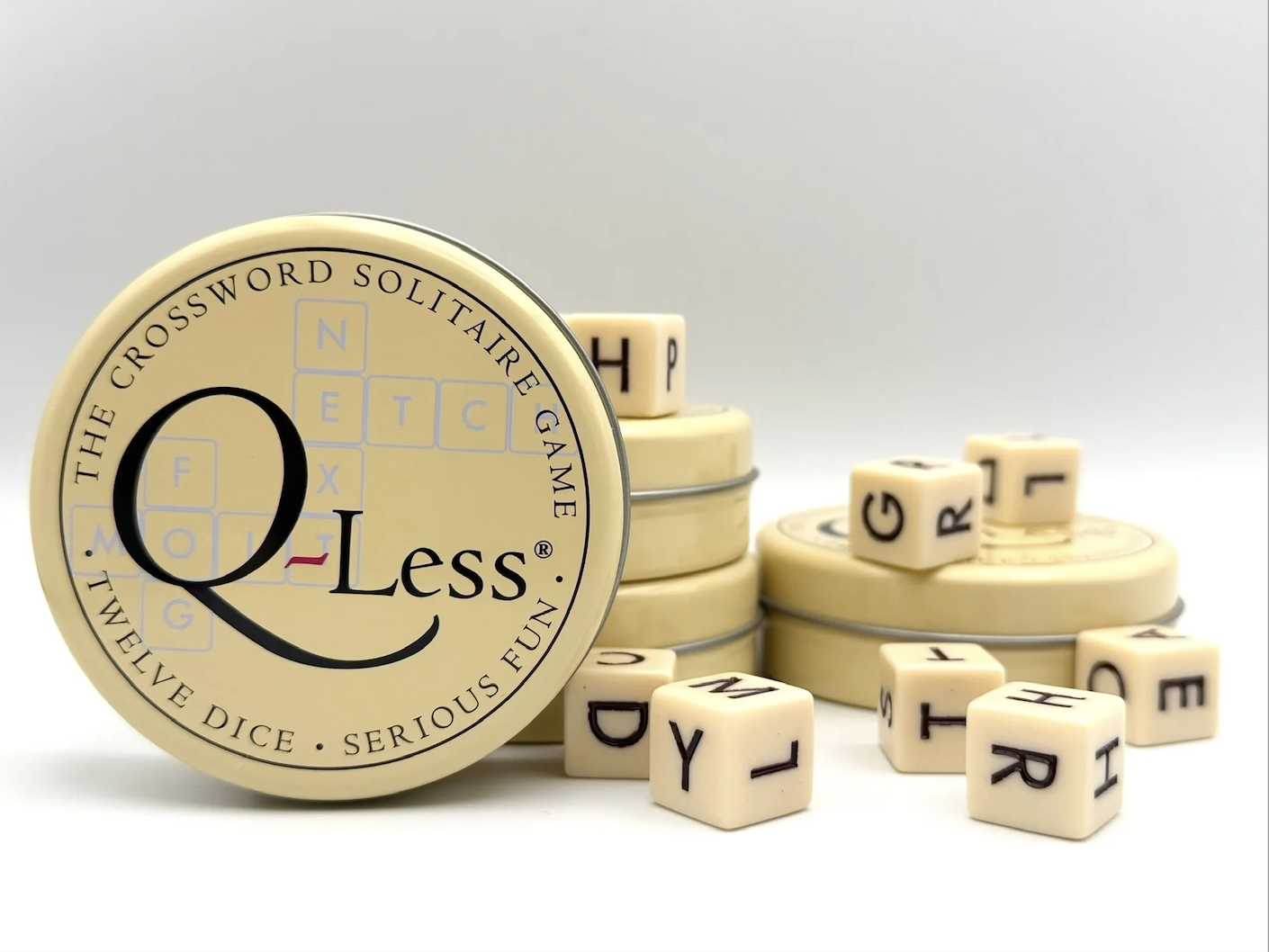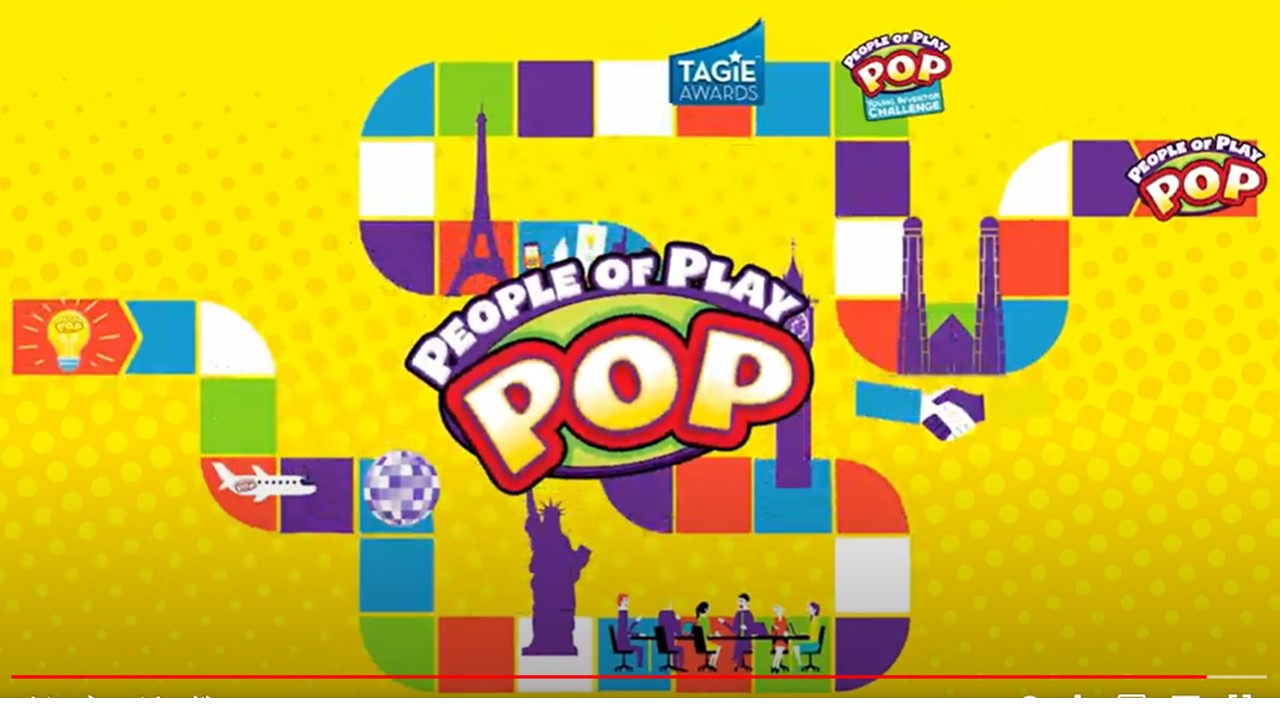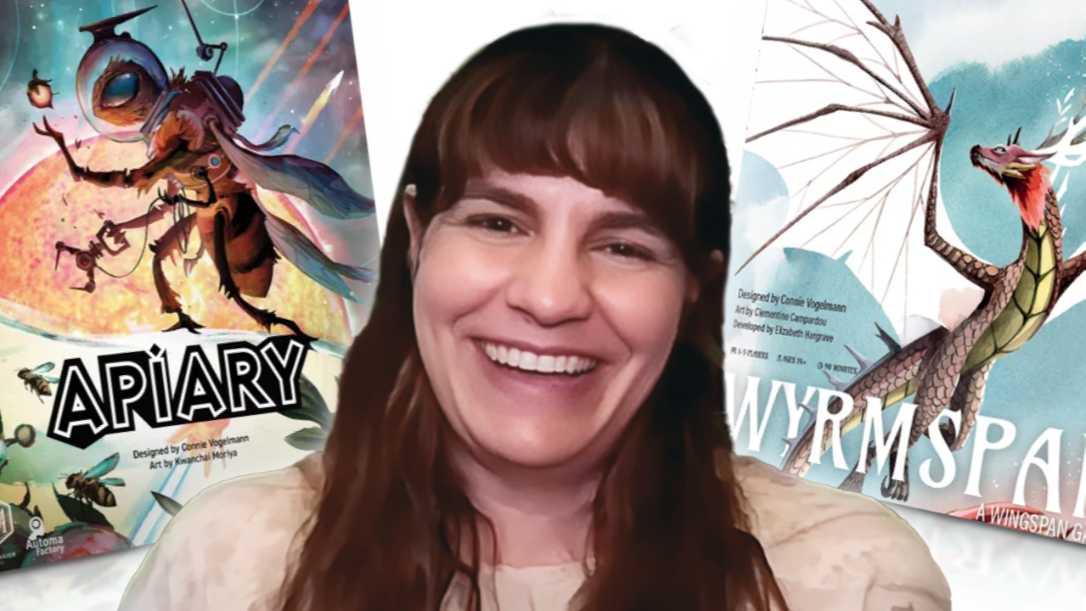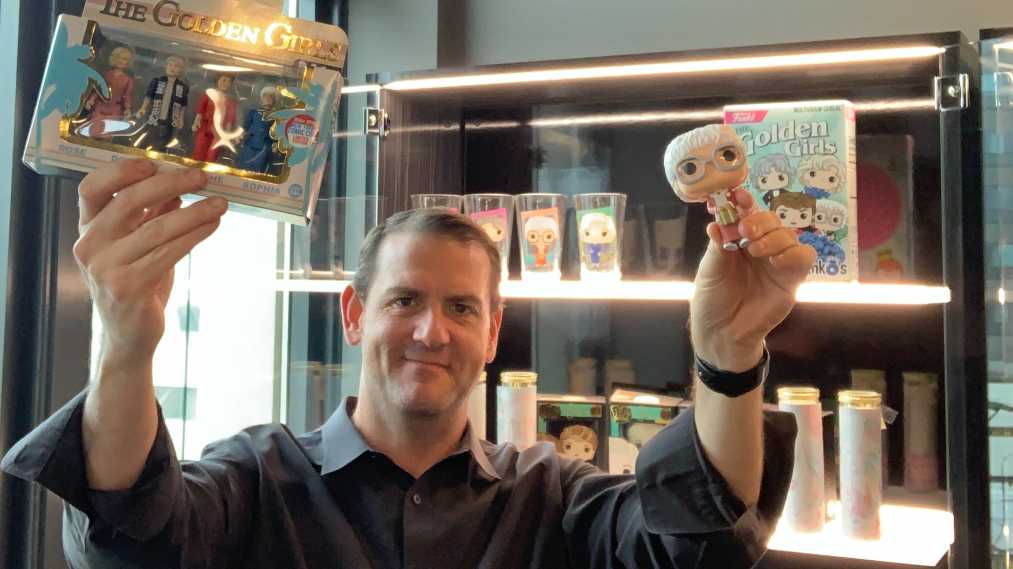About Jenga: The Remarkable Business of Creating a Game that Became a Household Name
by Julia DeKorte | 24 Jun 2022
Reviews

About Jenga: The Remarkable Business of Creating a Game that Became a Household Name, written by its creator, Leslie Scott, takes readers along for the journey of how Jenga, which began as a game played by Scott and her siblings, turned into a household staple found in nearly every home. Scott gives in depth details of what it took to make Jenga the success that it is today – the celebrated triumphs, the obstacles overcome, the side projects that never took off – and investigates the why, exploring the scientific, cultural, linguistic, and psychological reasons that Jenga, a game seemingly so simple, took the world by storm.
Scott tells the story of Jenga in the form of a narrative, with interwoven metaphors to give deeper insight into how and why Jenga became so popular. To learn about Jenga, readers first get to learn about Scott: her family history, her character, her interests, the jobs she held previously, the kind of person it takes to be a professional game designer. In this way, Scott becomes a character readers root for; in the early days we’re hoping for her success with Jenga just as much as she was. About Jenga also includes pictures of Scott’s early life, landscapes of her childhood home in Africa, newspaper clippings, and other mementos that help tell the story. Scott offers advice she’s learned along the way, be it business advice, financial advice, life advice, even advice about going into business with friends. By the end of the book, I felt as if I knew Scott myself, as if she had told me Jenga’s story over a cup of tea.
About Jenga also allows readers into the world of toys and games: everything it takes to put a game on the market, from creation to marketing, patenting, publishing, and sales. Readers meet influential people in the toy world including Stephen and Alan Hassenfeld of Hasbro, George Irwin of Irwin Toy, and Bill Gerrity of Schaper as their respective companies fight for the right to produce Jenga. The obstacles patenting puts up, the importance of trademarking, the necessity of a brand – everything that Scott learned by doing in her journey creating Jenga – readers learned along with her.
Scott breaks down many of the aspects that went into Jenga’s success through metaphors. To help readers understand the importance of branding, she talks scientifically of colorful fish advertising their genes for reproduction purposes, and historically of coats of arms branded into knights’ armor to distinguish one another. Scott explores why “Jenga,” the word that she created, seems to fit the game so perfectly through the study of linguistics. About Jenga provides readers with a thorough understanding not just of why Jenga became a success, but of the human experience.
Scott does note, however, and anyone who’s played the game can attest, that Jenga’s success came primarily for one reason: it’s so much fun to play.
Recent Blogs
Recent Blogs

Reviews
Game Review: Q-Less

Biographies and Interviews
Joe Kling Talks His Impact on the Industry, Career Highlights, and Advice to the Next Generation

Press Release
Mission-Focused Company Jasey’s Toy Chest Eager to Make Toy Fair Debut at Booth #6404

Industry Commentary, Op-Ed
York-Jersey Underwriters’ Celebrates 100 years in Business!

Biographies and Interviews
Kevin Brougher talks Learning Games, Reindolphins and His Style of Music
See more
Recent Wiki

PEOPLE
Joe Kling Talks His Impact on the Industry, Career Highlights, and Advice to the Next Generation

BOOK REVIEWS
Game Review: Q-Less

COMPANIES
York-Jersey Underwriters’ Celebrates 100 years in Business!

PEOPLE
Kevin Brougher talks Learning Games, Reindolphins and His Style of Music

PEOPLE
Inventor Brad Ross on his off Broadway Play, JUST DESSERTS: A Musical Bake-Off
See more
POP's Got Talent

POP Entertainment
Randy Klimpert Shares his Ukulele Collection

POP Entertainment
Steve Casino Peanut Art

POP Entertainment
Everyone's Talking about POP!

POP Entertainment
Princess Etch - a Multi-Talented Etch A Sketch Artist

POP Entertainment
Joseph Herscher of Joseph' s Machines.
See more
Recent POPcast

Hidden Role: The Brains Behind your Favorite Games
Connie Vogelmann designed Apiary & Wyrmspan!

Hidden Role: The Brains Behind your Favorite Games
Bob Fuhrer... Is THE Crocodile Dentist!

Hidden Role: The Brains Behind your Favorite Games
Tom Dusenberry... Bought Atari, Wizards of the Coast, and Avalon Hill!

Hidden Role: The Brains Behind your Favorite Games
Matt Leacock created Pandemic... the game!

Hidden Role: The Brains Behind your Favorite Games
Scott Brown and Tim Swindle... are Launching a New Sport!
See more
POPDuos

POPDuos: Interviews with Legends and Leaders
POPDuo: Richard Dickson, Mattel’s President & COO, and Kedar Narayan, Young Inventor Challenge AMB

POPDuos: Interviews with Legends and Leaders
POPDuo: Will Shortz and Josh Wardle

POPDuos: Legends and Leaders Explore Creativity
POP Duo: Elan Lee, Co-Founder, Exploding Kittens.and Jeff Probst, Host and Exec Producer, Survivor

POPDuos: Legends and Leaders Explore Creativity
POP Duo: David Fuhrer, MNG Director, Blue Sq Innovations & Shawn Green, past Dodgers & Mets MLB Star

POPDuos: Legends and Leaders Explore Creativity
POP Duo: Bob Fuhrer, Founder, Nextoy and Tom Fazio, Golf Course Designer
See more















